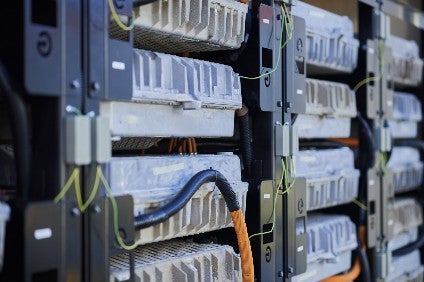
South Korea’s LG Chem and its EV battery making subsidiary LG Energy Solution announced they had invested a combined KRW60bn (US$50m) to acquire a 5.2% stake in Li-Cycle, a Canadian recycler of lithium-ion batteries.
The investment gave each a 2.6% stake in the Toronto-based company which they acquired through a recent rights issue.

Discover B2B Marketing That Performs
Combine business intelligence and editorial excellence to reach engaged professionals across 36 leading media platforms.
The South Korean companies also agreed to buy 20,000 tons of nickel annually from Li-Cycle for 10 years from 2023, which they said was enough to produce 300,000 EV batteries.
Li-Cycle was established in 2016 and specialises in recovering key lithium-ion battery materials such as nickel and cobalt. It claims to have developed its own environment-friendly technology to extract the materials from used batteries.
LG Energy Solution, the world’s second-largest EV battery manufacturer, is investing heavily in production facilities globally to supply fast rising demand for EVs.
In North America it is building two EV battery plants in a joint venture with General Motors called Ultium Cell, as well as wholly owned facilities in the region with a planned production capacity of 75GWh annually by 2025.





